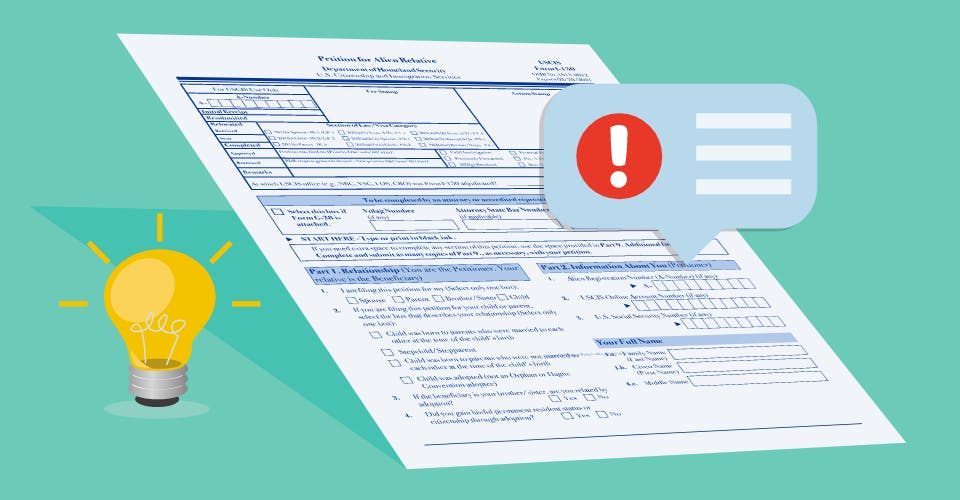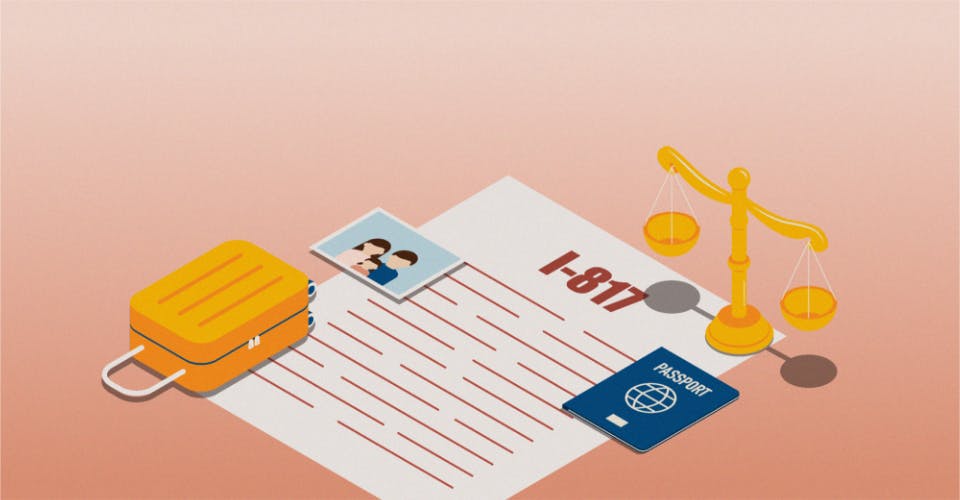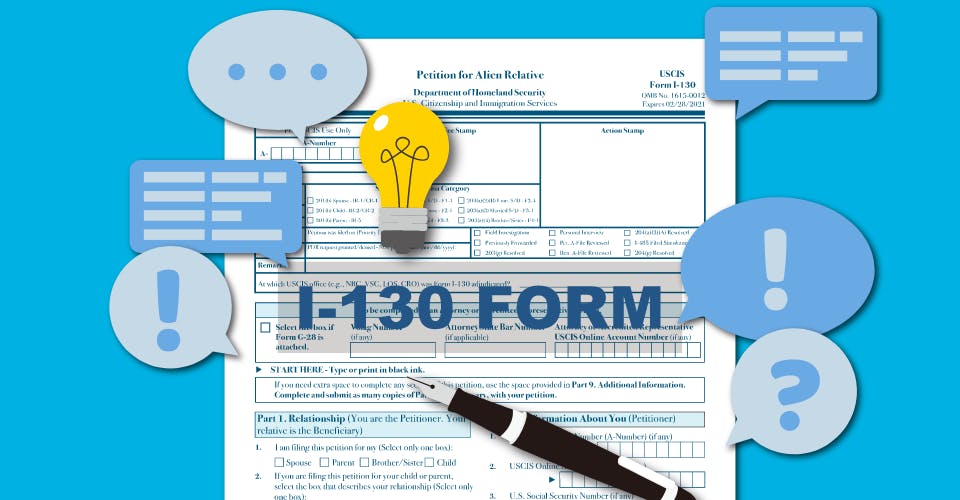In order to process your I-130 Petition from abroad, you’ll need an Internet connection as you will still most likely be downloading the form online from the USCIS website, under the “Forms” section. And with the impending adjustment of USCIS’s international footprint, USCIS is revising Form I-130 processing roles abroad. Additionally, on
October 30, 2019, USCIS announced that it launched an online Form I-130 filing option that streamlines the process. USCIS encourages all eligible petitioners to utilize online filing.
In addition, those who are abroad still have the option of mailing in their I-130 Petitions. This is done by simply filling out the form online as if you were to submit it online, but then printing the form and mailing it to the Dallas USCIS lockbox. It is important, depending on the country, that the applicant who is petitioning for an Alien to select an appropriate carrier that will deliver mail from their country to the United States. Here is the address for the Dallas, TX lockbox address:
USCIS
Attn: I-130
P.O. Box 650264
Dallas, TX 75265
If an applicant is unable to mail their I-130 Form, or is unable to submit a Petition online, then they should be aware that generally, as of February 1st, 2020, there are limited circumstances under which an individual can file their form at a U.S. embassy or consulate. Such limited circumstances include the following:
1. Military emergencies
A U.S. service member, who is abroad but who does not fall under the military blanket authorization for U.S. service members stationed abroad on military bases, becomes aware of a new deployment or transfer with little notice. This exception generally applies in cases where the U.S. service member is provided with exceptionally less notice than normally expected.
2. Medical emergencies
A petitioner or beneficiary is facing an urgent medical emergency that requires immediate travel.
3. Threats to personal safety
A petitioner or beneficiary is facing an imminent threat to personal safety. For example, a petitioner and beneficiary may have been forced to flee their country of residence due to civil strife or natural disaster and are in precarious circumstances in a different country outside of the U.S.
4. Close to aging out
A beneficiary is within a few months of aging out of eligibility.
5. Adoption of a child
A petitioner has adopted a child abroad and has an imminent need to depart the country. This type of case should only be considered if the petitioner has a full and final adoption decree on behalf of the child and the adoptive parents have legal custody and jointly resided with the child for at least 2 years.
6. Short notice of position relocation
A U.S. citizen petitioner, living and working abroad, has received a job offer in or reassignment to the United States with little notice for the required start date.
In many of the above circumstances, it is important to realize there is a highly time-sensitive component that makes each of these cases exceptional and grounds for filing at a U.S. embassy or consulate. Applicants should note that when such a limited circumstance arises, the USCIS effectively delegates its authority to the U.S. State Department (DOS).














